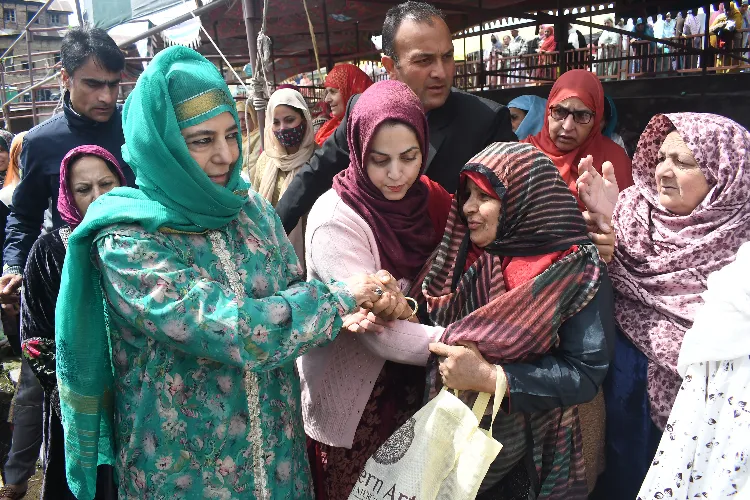
Eman Sakina
There are some who are kind to extended family but unkind to immediate family. Will their kindness toward extended family be accepted as a good deed in the Sight of Allah? That is doubtful. After all, charity begins at home.
If you will read the Noble Quran with care and reflection, you would know that the Quran does certainly highlight this aspect.
"They ask you, (O Muhammad), what they shall spend. Say: That which you spend for good (must go) to parents and near kindred and orphans and the needy and the wayfarer. And whatsoever good you do, lo! Allah is Aware (Al-'Alim) of it “(2:215).
The recipients of charity are mentioned in the order of priority. Parents are the nearest. Then the Verse mentions "near kindred." This would include your siblings who are living with your parents or living away from them as they are as much your immediate family. After siblings, it would also include extended family consisting of aunts, uncles, cousins, and grandparents. Then the Verse mentions "orphans,” “needy” and "wayfarers" (foot travellers) ....... these may not be related to you but they might need the essentials of life. Travelers are usually tired, hungry, and thirsty. Foot travellers (wayfarers) were very common in medieval times.
Similarly concerning love and kindness, Verse 4:36 mentions the recipients of your kindness in the same order of priority, that is ... the nearest in-blood relationship comes first.
V. 4:36
"And serve Allah. Ascribe nothing as partner unto Him. (Show) kindness unto parents, and unto near kindred, and orphans, and the needy, and unto the neighbor who is of kin (unto you) and the neighbour who is not of kin, and the fellow-traveller and the wayfarer and (the slaves) whom your right hands possess. Lo! Allah loves not such as are proud and boastful,"
Both the above Verses, 2:215 as well as 4:36, highlight the aspects of not only charity and kindness but also their recipients in the order of priority.
Islam has laid the greatest emphasis on the support of destitute and disabled members of society. It is a sacred duty of the wealthy to give part of their possessions to fulfill the needs of the deprived sections of the community.
A society can flourish only when its members do not spend all their wealth on the satisfaction of their own desires but reserve a portion of it for parents, relatives, neighbors, the poor, and the incapacitated. As the saying goes: Charity begins at home.
A true believer is thus always prepared, after meeting the needs of his family, to assist other people in need of his help.
The Qur’an frequently enjoins the believers ‘to perform the worship and pay the zakat.’ It goes to the extent of saying that one cannot attain righteousness unless one spends out of one’s wealth for the love of God: “By no means shall you attain righteousness unless you give of that which you love.” (3:92)
So, the test of charity lies not in giving away something we have discarded but in the things that we value greatly, something that we love. It is unselfishness that God demands. It may be in any form — one’s personal efforts, talents, skills, learning, property, or possessions.
There are many verses in the Qur’an and many traditions of the Prophet making it quite clear that there is a due over and above zakat and that the wealthy are not relieved of their duties solely on payment of zakat.
The Qur’an uses the word ‘haq,’ the right of the poor; so, what the wealthy man is asked to give is not charity but that which should come back to the poor, as a matter of right. Thus, the spirit of kindness and well-wishing is the essence of charity. The giver is not to expect any reward from the beneficiary as there waits for him an abundant reward from God — material, moral and spiritual — what God deems it best to confer on His servant.
